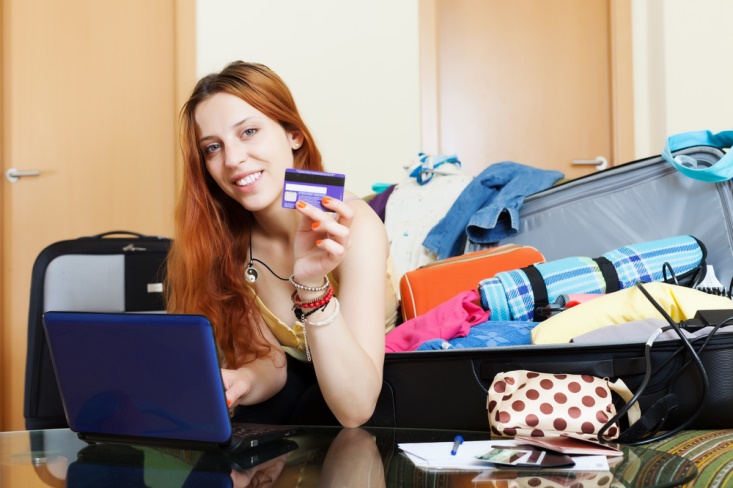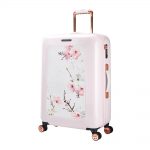Debit cards have undoubtedly made life easier for most of us. So much so, that most people do not even carry cash anymore — and those who do carry cash tend to carry less than $20 on a typical day. Wherever you happen to be, a quick swipe of the card is all it takes to purchase just about anything.
Most of us are so tied to our debit cards that we expect to be able to use them anywhere. If you are headed overseas though, your debit card should actually be your last choice when it comes to making purchases. Not only will using your debit card cost you more, it is not exactly the most secure payment method.
Cash Or Credit? Either Is Better Than Debit!
So, why is a debit card a bad choice? There are several reasons:
- Foreign Transaction Fees. When you use your debit card in a foreign country, the bank will automatically convert the transaction into the local currency, but usually will not do so without charging you for the service. These fees can add as much as 3% to the total transaction, which over the course of a vacation can add up quickly and drain your account.
The costs add up even faster when you allow merchants to convert the currency for you; in some cases, the fees can top 7%. A better choice, then, is to use a credit card that does not charge foreign transaction fees at all.
- Lax Security. Anyone who has ever eaten in a restaurant knows that in most cases, the wait staff will take your card and process your payment away from the table. When this happens, you should never use a debit card, whether at home or abroad. An unscrupulous waiter can easily drain your entire checking account, usually before you have even finished dessert.
Even when wait staff is honest, often the credit card readers used in restaurants are not securely encrypted, meaning that hackers can intercept your card information. While this is a concern even when using a credit card, when you use a credit card your liability for the fraudulent charges is capped at $50, and usually you are not even on the hook for that. A debit card? It can take weeks or even months to get your money back and in the meantime you are stranded in a foreign country without any cash.
- Holds. While you might be tempted to pay cash for your travel by using your debit card, think twice before paying for a hotel, rental car, or airfare by debit. Many hotels and rental car agencies will accept debit cards when you check in, but will place an additional hold on your account when you do. These holds can sometimes be as much as $500 or more, meaning that until you check out or return the car, you will not have access to those funds, sometimes even for a few more days. It is better to use a credit card instead, which will not trigger a hold and tie up your money. As a bonus, many credit cards offer travel insurance coverage as well, giving you extra protection if something goes wrong.
Should You Leave Your Card At Home?
Given the risk of using your debit card overseas, should you leave it at home then? Not necessarily. You will need to carry some cash when you are overseas and the best way to do that is to withdraw it from ATMs when you arrive in your destination. Doing so will usually give you the best possible exchange rate, even when you take into consideration any fees. Avoid standalone ATMs, like those in hotel lobbies or inside of stores. Often, these machines charge hefty fees that you can actually avoid by using a bank-owned ATM, which is more likely to be secure anyway. Just be sure to tell your bank that you will be traveling so that it does not decline the transactions and request a chip and PIN card that will work with European ATMs.
In fact, the same advice applies to your credit cards as well. Notify your credit card company of your plans before you leave, and confirm that your card will work with European readers. Many U.S. card issuers have begun issuing chipped cards to customers, but not everyone has one yet, so if you do not have one, get one before you leave for your trip.
Managing your money while traveling is not difficult, however you need to do some homework before you leave to ensure you are not overspending, spending unnecessarily, or putting your finances at risk. Thus, do not leave your credit cards at home, but use the cash you have saved up for your trip to pay the balances when you return, instead, and save money and your identity!










Pingback: Top Destinations For Your Child’s First Overseas Trip | My Beautiful Adventures